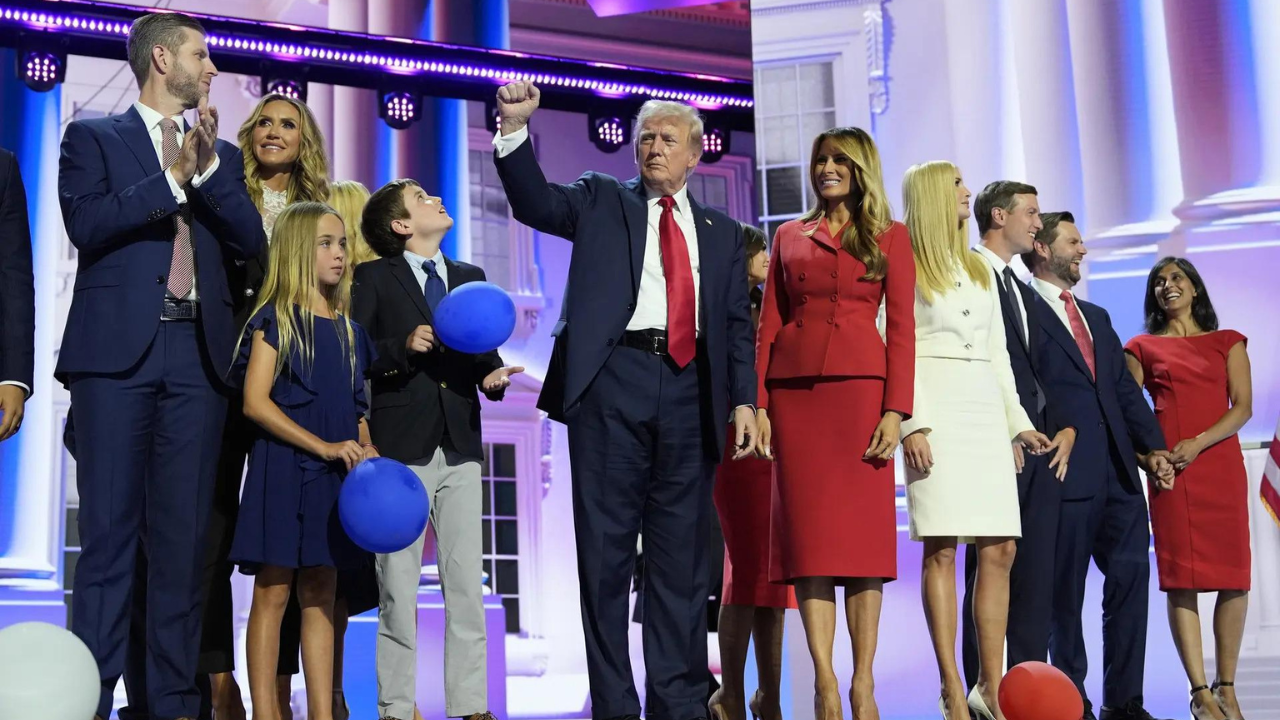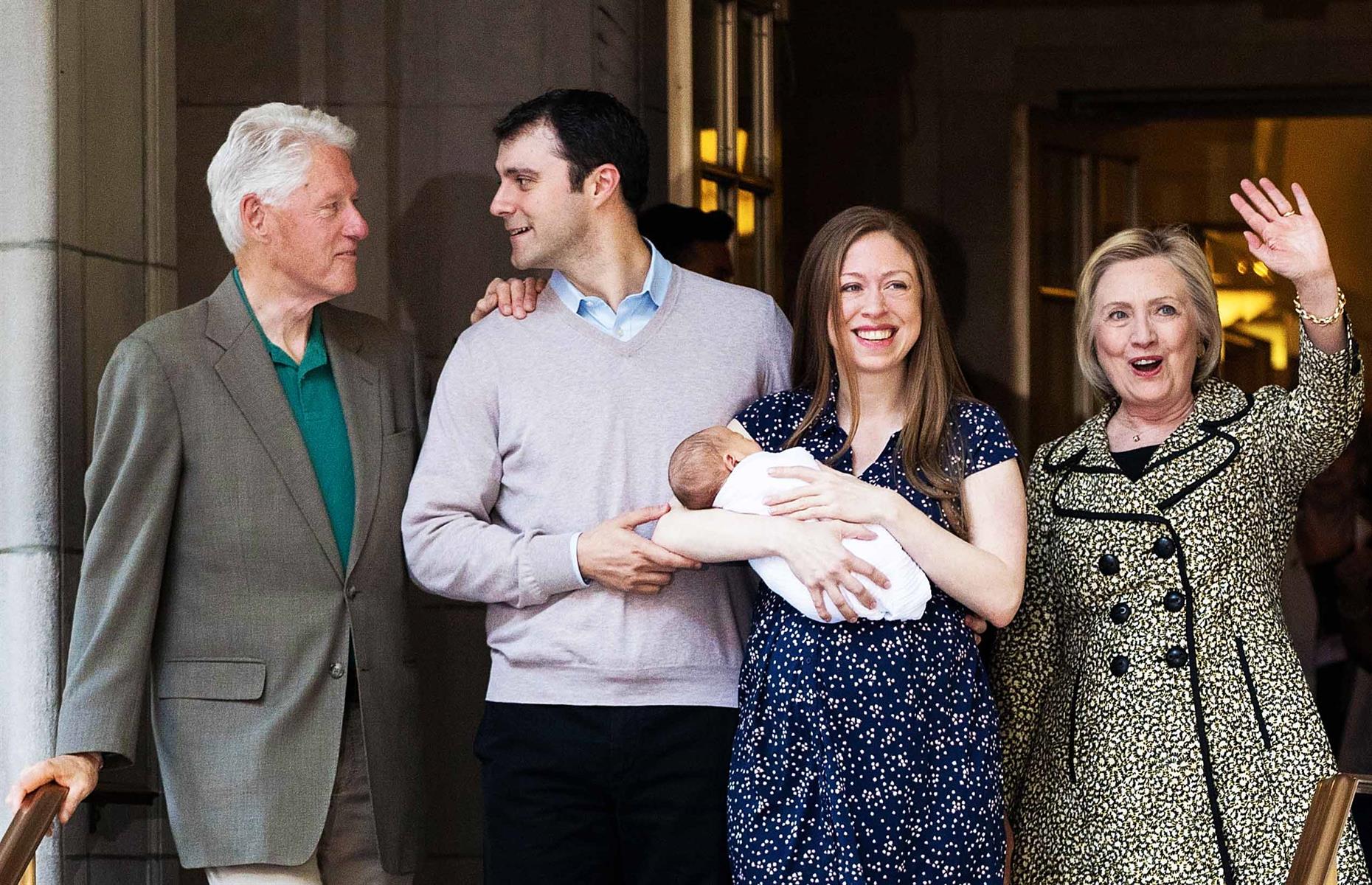Do our earliest family experiences indelibly shape our political leanings? The intricate dance between family life and the political realm is far more profound than we often acknowledge, influencing our very understanding of power, authority, and civic duty.
The seemingly disparate worlds of domesticity and governance are, in fact, deeply intertwined. Just as a regime's political life reflects the structure of its government be it monarchy, aristocracy, or democracy so too does the family unit mirror these divisions in its own microcosm. The family, in its inherent structure, embodies these forms of governance spontaneously, predating the deliberate and conscious effort required to forge political constitutions. It is within the familial sphere that the seeds of our political selves are sown, nurtured, and ultimately bloom into the citizens we become.
Consider the implications of this profound connection. A childs early experiences within the family, their interactions with parents and siblings, and the values instilled in them during formative years, all contribute to their developing political consciousness. The family serves as a training ground, a laboratory where individuals first encounter concepts of authority, fairness, and social responsibility. It's a place where we learn to navigate power dynamics, negotiate differing viewpoints, and understand the consequences of our actions within a social structure.
- Is Megan Is Missing Good A Dark Twist Film Analysis More
- Who Is Jasmine Crocketts Husband Relationship Facts Amp More
The impact of the father figure, as the prototypical authority figure, cannot be overstated. This paternal presence often initiates a child's understanding of political authority, establishing a framework through which they perceive and interact with larger systems of governance. The child, naturally inclined to identify with their parents, adopts their perspectives on the political system, internalizing their beliefs and values as their own. This process of politicization, particularly pronounced in America, typically reaches completion around the age of thirteen, solidifying the foundation for future political engagement.
Despite the obvious influence, political science has largely relegated the family to the periphery, associating it with social welfare policies, gender studies, or the private sphere. This silence is a significant oversight, as the family unit offers a critical lens through which to examine the dynamics of power, the formation of political identities, and the trajectory of American political development. Recognizing the family as an integral part of the policy process allows for a more nuanced understanding of how policies are justified, implemented, and ultimately impact society.
While the conventional wisdom often positions the family as a private entity, separate from the realm of politics, a growing body of scholarship has highlighted its crucial role in shaping American politics over time. By integrating the family into the repertoire of American Political Development (APD), researchers can gain valuable insights into the processes of citizen formation, the development of state capacity, and the dynamics of societal change. This integration challenges traditional assumptions about the public/private divide, forcing a re-evaluation of the relationship between the polity and the family.
- Movierulz Streaming What You Need To Know Guide
- Are Jason Taylor Zach Thomas Still Friends The Truth Revealed
Consider the pioneering work of feminist political and legal theorists in the 1980s, who bravely challenged the prevailing norms by bringing issues such as the public/private distinction and gender roles to the forefront of political discourse. These efforts paved the way for a deeper understanding of how family dynamics influence political attitudes, behaviors, and outcomes. Their work underscores the importance of examining the assumptions we hold about the role of family in shaping our political landscape.
At a time when family structures and family life are undergoing profound transformations, and when "family values" have become a central theme in American political rhetoric, it is imperative that the field of political science gives greater attention to the ways in which family life shapes our capacities as citizens. The discipline must move beyond simplistic notions of the family as a purely private entity and embrace a more nuanced understanding of its political significance. This requires a willingness to engage with interdisciplinary perspectives, incorporating insights from sociology, psychology, and other fields to develop a more comprehensive understanding of the family's role in shaping our political world.
To illustrate the enduring impact of family on political life, consider the legacy of John Jay, whose life (1745-1829) mirrored the birth and development of the American nation. Jay's contributions were instrumental in the fight for independence and the construction of a new republic. His dedication to public service, undoubtedly influenced by his own upbringing and familial values, set a precedent for future generations of American leaders.
The American National Election Studies (ANES), initiated by Warren E. Miller in 1948, provide valuable data on Americans' social backgrounds, political preferences, values, and participation in political life. These studies offer empirical evidence of the link between family background and political attitudes, further demonstrating the importance of considering family in the study of political behavior.
Even seemingly trivial details, such as the appearance of political figures on magazine covers, can reflect underlying shifts in the relationship between politics and popular culture. The fact that no political figure graced the cover of Vanity Fair prior to October 1931, when Herbert Hoover was caricatured, speaks to a changing perception of political leaders and their role in society. This marked a turning point, paving the way for other politicians to be similarly depicted, further blurring the lines between the public and private spheres.
The poignant story of Corey Comperatore, a firefighter and father who tragically lost his life shielding his family at a political rally, serves as a stark reminder of the human cost of political violence. The president's mourning of Comperatore underscores the deep connection between family, community, and the political sphere, highlighting the profound impact of political events on individual lives.
The intensity and rhetoric of political conventions also reveal the enduring role of family. The speeches delivered at these events, while intended to shape political narratives and sway voters, often resonate on a personal level, tapping into deeply held family values and aspirations. The true measure of their success lies in their ability to influence public opinion, generate media coverage, and shape the national conversation, all while acknowledging the importance of family in the lives of American citizens.
In 1940, as a young Republican rested on a sofa in the Hotel Adelphi during the GOP National Convention in Philadelphia, the future of the party and the nation hung in the balance. Though Wendell Willkie, the Republican nominee, ultimately lost the election to Franklin Roosevelt, the event itself served as a reminder of the enduring power of political conventions to shape public opinion and influence the course of history.
Oprah Winfrey's remarks that "values and character matter most of all in leadership and in life," and that "decency and respect are on the ballot in 2024," further underscore the importance of personal qualities, rooted in family upbringing and moral development, in the political arena.
Consider La Torre, the daughter of a communist. Her life experiences inevitably shaped her political views, highlighting how family ideologies and personal experiences intersect to influence individual political orientations. The family, therefore, acts as a primary transmitter of political beliefs, shaping the next generation of voters and leaders.
From "book boxes" that foster a love of reading in children, to teacher stores that provide resources for educators, the emphasis on education highlights the crucial role of both family and community in shaping the future of the nation. These efforts contribute to the development of informed and engaged citizens, equipped to participate in the political process.
Politics at CNN provides a constant stream of news, opinion, and analysis of American and global politics, offering a platform for discussing elections, the White House, and other critical issues. This ongoing dialogue, while often contentious, reflects the importance of political engagement and the need for informed citizens to participate in the democratic process.
The Developmental Leadership Program (DLP), supported by the Australian government, recognizes the crucial role that leadership plays in shaping the political landscape. By investigating the dynamics of leadership, DLP seeks to promote effective governance and foster positive social change. This emphasis on leadership underscores the importance of character, values, and a commitment to public service qualities that are often instilled within the family unit.
The parallels between the political life of the regime and the more intimate life of the family adumbrate the tripartite division of governments into monarchy, aristocracy, and democracy. The child therefore tends to identify with his parents and to adopt their outlook toward the political system.
- Ryan Haddon From Addiction To Love With Marc Blucas
- Vegamovies Alternatives 2024 Safe Streaming Guide


